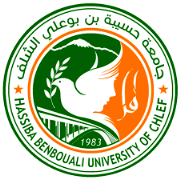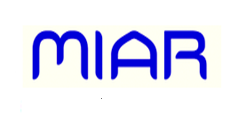Translation Challenges in the Digital Age
DOI:
https://doi.org/10.70204/jlt.v3i2.300الكلمات المفتاحية:
Digitization، information and communication technology، digital technology، specialized translation، documentary researchالملخص
The present era is known as the digital,age which has prevailed in all fields
including the literary ones. As a consequence, new concepts have emerged such
as the technological revolution, digital literature and others. Both translation
and interpreting have lavishly enjoyed the development of technology and the
field of translation has acquired a large number of technological tools that have
been designed to develop the translator's work, and to combine the quality
factor and speed of implementation in response to the needs of the market, and
this is known as smart translation that marries human intelligence and
experience with computer intelligence and competencies embodied in various
computer programs and free and commercial electronic applications, as well as
electronic blogs, which are a branch of technology, and an indispensable stage
of documentation and terminological research without which understanding
and comprehension are not possible in the translation act. From this standpoint,
this communication seeks to answer the problem of determining the nature of
the relationship between modern technologies and the field of translation, and
to what extent does it contribute to the facilitation and quality of the translation
act, in particular, those related to machine translation, computer-aided
translation and translation systems - and ways to benefit from them and how
does it affect the quality of translatio











